Referring to the presence of Mahmoud Abbas, the head of the Palestinian Authority, at the residence of the Israeli defense minister for the first time since 2010, Seyed Reza Sadr al-Hosseini said in an interview with the website of the Strategic Council on Foreign Relations: This was the second meeting since the new cabinet was formed and the two sides also met and talked with each other in Ramallah in late August.
He said: Unfortunately, despite the presence of the Resistance in the occupied territories and its strengthening and authority, the thinking dependent on compromise is still trying to advance the path of compromise in line with its individual and group aspirations.
Saying that the Palestinian Resistance has proved its capabilities, Sadr al-Hosseini added: Two years ago, the officials of the Palestinian Authority pointed out that they have not achieved anything out of the negotiations with the regime and the mediation of the United States! It seems that Abu Mazen, who had experienced years of negotiation and its ineffectiveness, want to join the Resistance. It was expected that even if he did not have the capacity and will to join the Resistance, he would at least remain silent and take no further action in cooperation with the Zionist regime.
The expert on West Asia affairs, by pointing to the internal problems of the Zionist regime, continued: This meeting took place at a time of complete weakness of the Naftali Bennett government, and under the condition that the Resistance has been able to take steps to better provide its people with a strong and self-confident defense of the Palestinian territory and identity. Meanwhile, the Israeli defense minister has said that he will continue his meetings with the head of the Palestinian Authority.
The West Asia affairs analyst described the meetings as helpful in maintaining the position of the Bennett coalition government and referring to the meetings between Palestinian Resistance groups in Lebanon with an aim of bringing the points of view closer together noted: The meeting comes as settlers’ attacks on the West Bank residents have increased. Certainly, the recent action of Mahmoud Abbas was in line with the interests of the Zionist regime, and that regime will make maximum political, media and propaganda use of the meeting.
Zionist regime’s concern over unity in West Bank and Gaza
He continued: On the other hand and under the current situation, the Zionists are very concerned about some of the actions of the Palestinians and their solidarity with the Palestinians in the West Bank, as well as the formation of unity and broad solidarity between the Palestinians in the West Bank and Gaza.
Explaining the critical positions of the Palestinian Resistance groups against the meeting between Mahmoud Abbas and Gantz, Sadr al-Hosseini explained: In recent years, Palestinians in the West Bank, while emphasizing the need for solidarity with the people of Gaza, have come to the conclusion that negotiations with the Zionist regime are not going well and that Resistance is the only option before them.
Meanwhile, he said: But in the operational field, the Palestinian Mujahideen will definitely not change their strategy against the Zionist regime; because Mahmoud Abbas has not played a role in the Palestinian Resistance for many years.
Sadr al-Hosseini, saying that Abu Mazen was creating a rift among Palestinian groups in favor of the Zionist regime with such actions, stressed: Many experts believe that holding this meeting at the residence of the Zionist defense minister is more informal than formal and humiliating for Mahmoud Abbas and the Palestinian Authority and has ignored the position and credibility of the Palestinian people.
The expert on West Asia affairs described the meeting between Mahmoud Abbas and the Israeli defense minister as strengthening the current of support for the normalization of Arab-Israeli relations and added: There is no doubt about the constant support of the United States for the Zionist regime, but given that the regime has always taken steps to dealing a blow on the Palestinian Resistance and spying and infiltrating in it, it seems that the United States will also use this opportunity so that by reshaping its relations with Abu Mazen, justifies actions of the Zionist regime in Palestine and by fanning the flames of the rifts, disturbs the unity among the Palestinians.

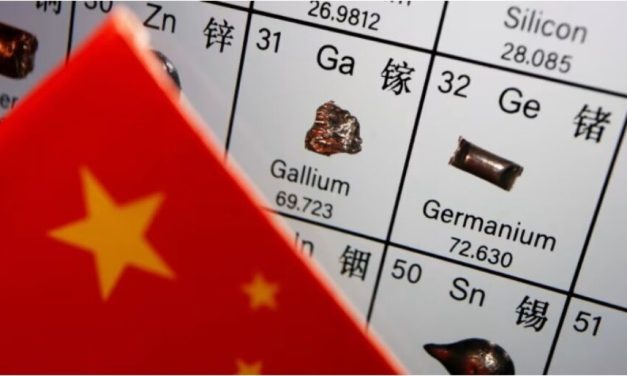
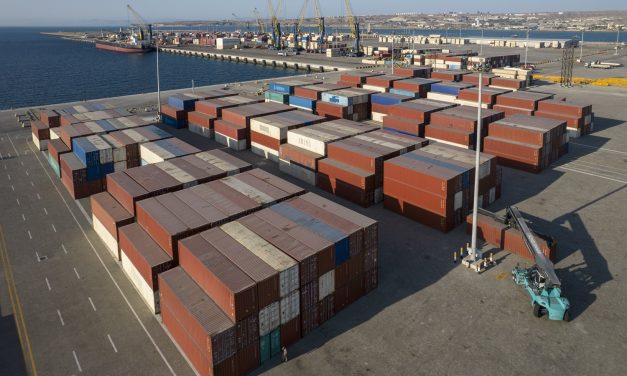
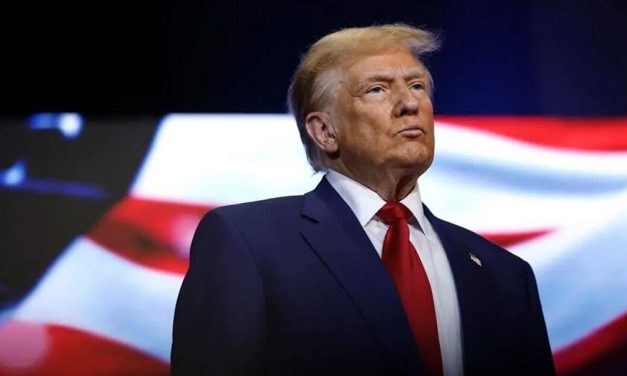
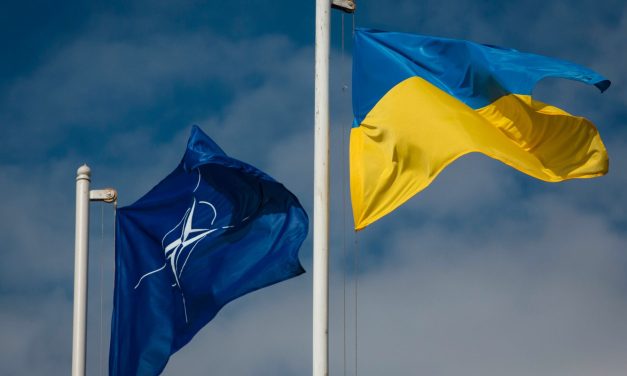
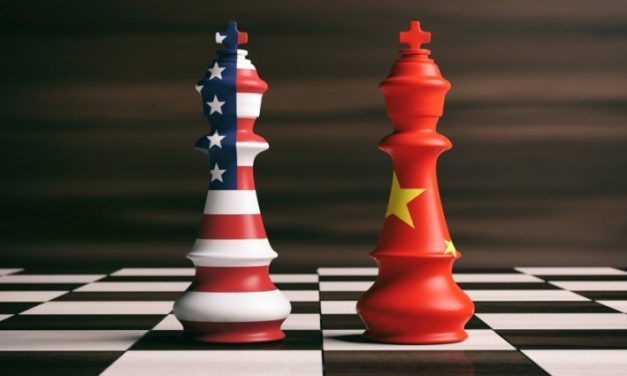
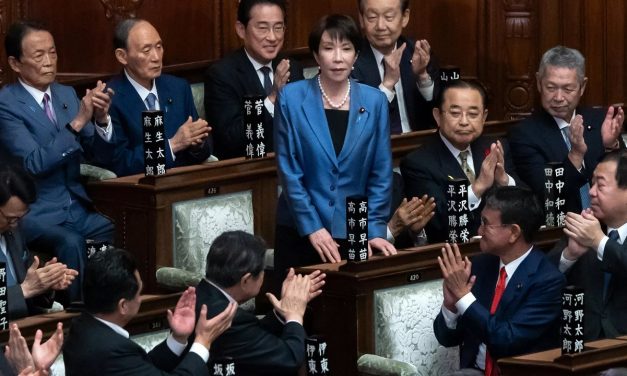
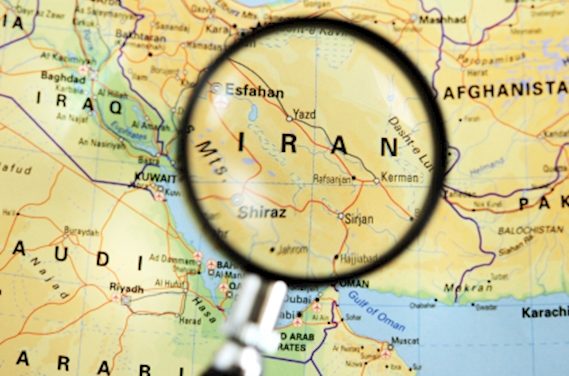
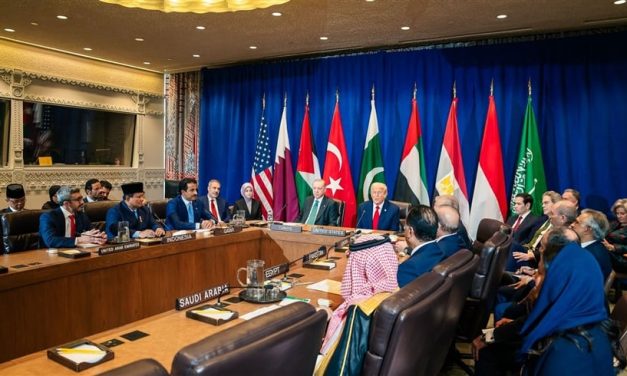

0 Comments